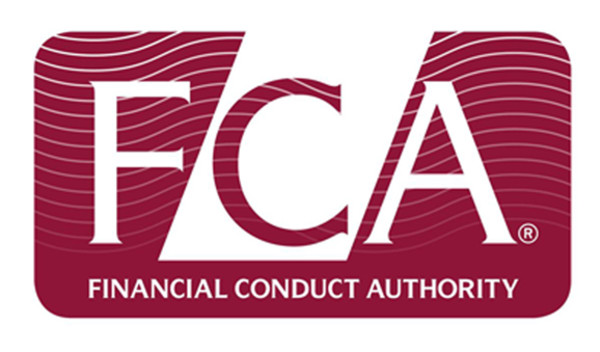

In the longer term, the pace and scale of EU-driven reforms will reduce – the number of new initiatives has been cut every year for the past five years. But 2016 will be a busy year for EU regulators.
It will be likewise for UK regulators. Investigation and enforcement activity will focus increasingly on individuals as well as firms. The development of rules and reforms will need to keep pace both with the EU’s agenda and domestic priorities.
The departure of Martin Wheatley from the FCA has been viewed by some as the end of the “shoot first, ask later” ethos. But investigations and enforcement in 2016 will have a broader scope beyond the banking sector.
The drive for individual accountability is a recurring theme. Although present in the current APER regime, greater emphasis has been added following the extension of the senior managers’ regime (SMR) across all financial services sectors.
The implementation deadline for banks, building societies, credit unions and PRA-regulated investment firms is 7 March 2016. The government has set an ambitious deadline of 2018 for the remainder of firms.
The focus on individual accountability is part of a trend of shaking up culture and ethics, systems and controls. Product governance will remain an area of focus at both EU and UK level. Strong measures are being introduced by the FCA and PRA to provide channels for whistleblowers to raise issues, whether internally or to the regulators – these new rules take effect in 2016. The regulators’ priority is to ‘clean up’ the financial services sector.
Major EU reforms are looming. Following the introduction of Solvency II on 1 January, this year will see the introduction of the Market Abuse Directive (MAD II), packaged retail investment and insurance-based investment products (PRIIPs) and Ucits V, and the clearing obligations of the European Market Infrastructure Regulation (EMIR) will kick in. A likely delay for the Markets in Financial Instruments Directive (MiFID II) will see implementation shunted back to 2018 with the Insurance Distribution Directive. These will remain the focus for firms and domestic regulators in 2016.
In terms of broader commercial impacts flowing from the changes, we expect to see increased merger and acquisition activity in the insurance sector driven by Solvency II. Ring-fencing will be a priority for banks. Strategic planning is well advanced but many operational changes will need to be implemented.
The overlapping issues of Big Data, outsourcing to the cloud and cyber risks, will become increasingly important issues for the regulators. This emphasis echoes the work done at European level by the European Union Agency for Network and Information Security (ENISA) to encourage uptake of new technology by the financial services sector. Linked with this, the finalised text of the EU’s General Data Protection Regulation is expected imminently.
We will see traditional paradigms being challenged with increased use of FinTech to deliver services to retail clients. There will be more start-ups in this area, and more providers will offer systems for financial institutions to white-label.
We will see the FCA making the most of its competition powers alongside its regulatory function. In summer 2016 we will learn the outcome of the Asset Management Market Study. Among areas under review are aspects of the general insurance, retail banking, and fixed-income instruments, currencies and commodities markets.
The ‘Brexit’ issue will come to the fore this year; my best guess is that the referendum will take place in Autumn. Brexit is a key issue for financial services. The chance of a ‘leave’ vote cannot be underestimated, particularly with the current level of disquiet over the EU’s handling of the migrant crisis and general disillusion with the status quo. Financial services firms think a ‘leave’ vote would create huge uncertainty over the nature of the post-exit UK/EU relationship.
Progress on further Eurozone integration will run on into 2017. Likely treaty changes will not become clear before then. The short-term focus is on driving forward key CMU initiatives such as the proposed securitisation legislative package and prospectus regulation. The House of Lords’ EU Economic and Financial Affairs Sub-Committee has heralded CMU as a “golden opportunity” for the UK and potentially “key to economic recovery”.
Paul Edmondson is head of financial services of CMS



